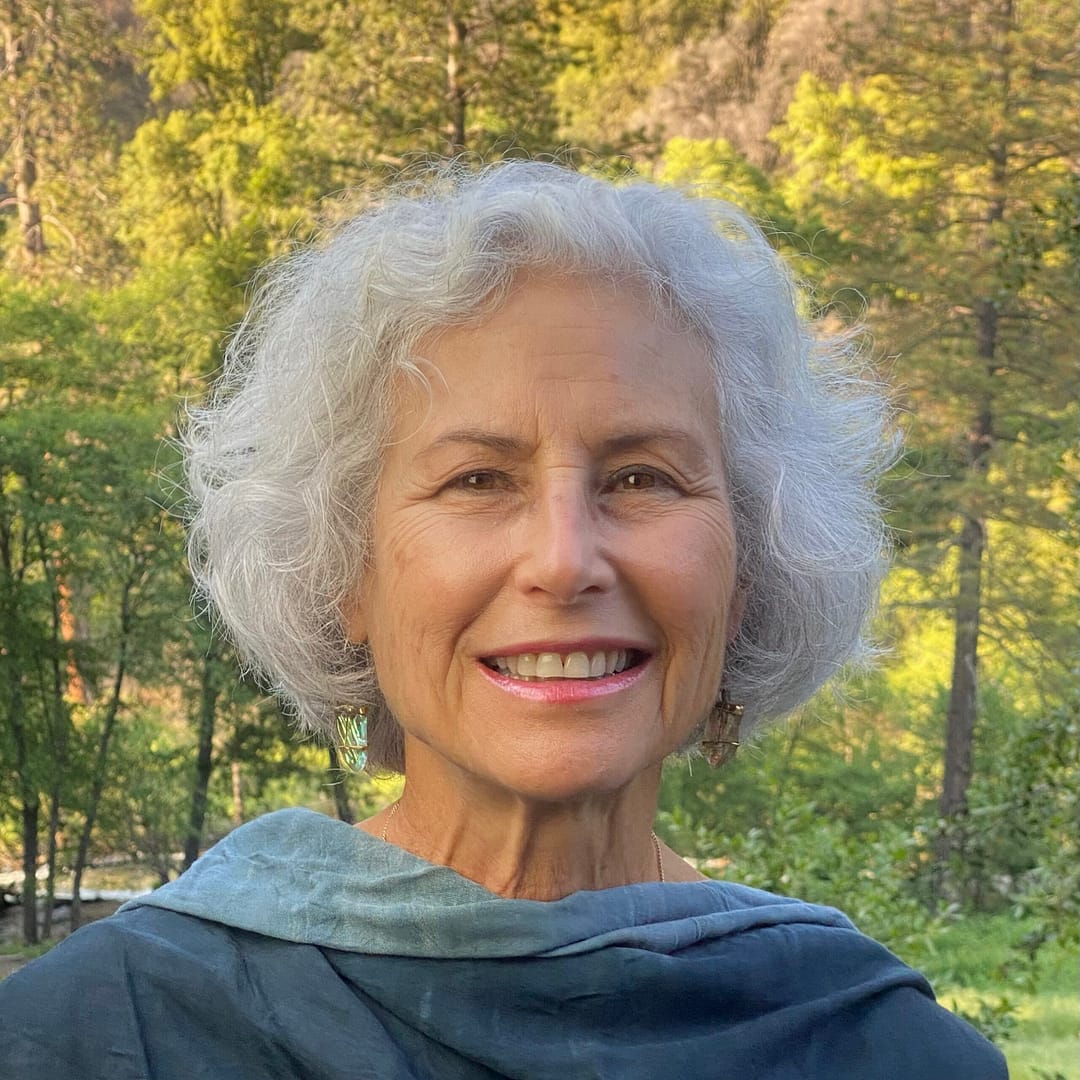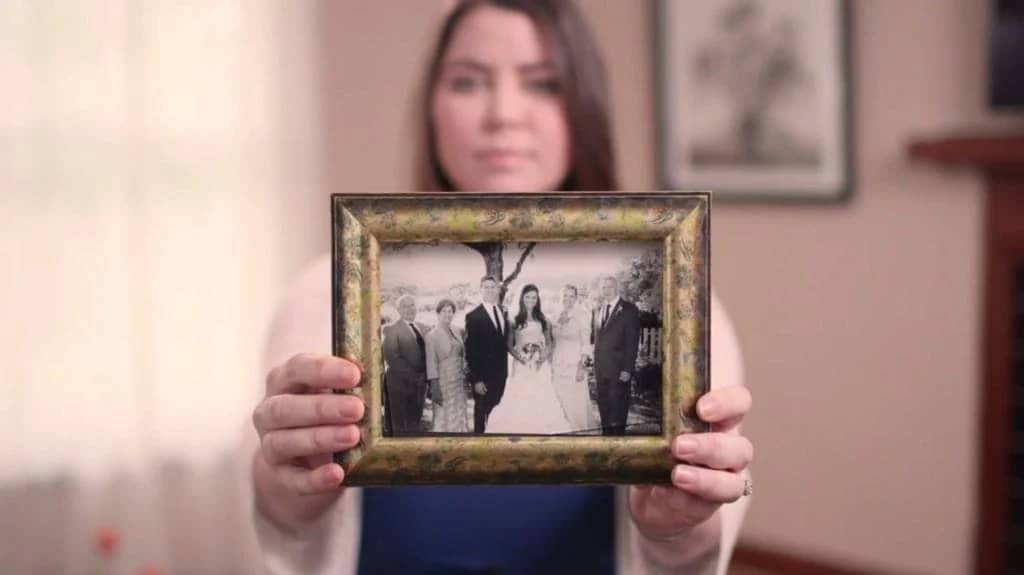
Laurie Barkin shared her story in February of 2023.
On a quiet Sunday morning in mid-October 2016, my 92-year-old father called. “I have good news and bad news. Are you sitting down?” Although his voice was steady, my mouth went dry and blood drained from my head. “The bad news is that I’ve been diagnosed with multiple myeloma. The doctor says I have less than six months to live.”
“And the good news?”
“I live in Oregon where Death with Dignity is legal.” While I processed his words, he explained his rationale. “The fact is, I’ve lived a good life, a long life. I’m not interested in treatment. So, will you help me take advantage of this law?”
The nurse-advocate in me cut through the shock of his request. “Yes,” I answered. I would help my father orchestrate his own death. A few days later, I flew to Oregon from my home in San Francisco.
Shortly after I arrived we visited his good friend, Wayne, who had just suffered a second stroke. As two nursing aides attempted to turn him on his side, Wayne, a very large man, lay in bed minimally responsive and unable to move. On the way home, Dad gripped my hand and said, “Don’t let this happen to me!” The idea of being dependent on others for his personal care mortified him. For this reason, he had dismissed the other options — palliative care, hospice care and pain management.
After visiting Wayne, he dictated a letter that he wanted me to send to his caregivers:
To Hospice and My Physicians,
This is what I would like you to know about me: I have always been a self-directed person. During WWII, I fought in France and Germany. After the war, with the help of the G.I. Bill, I went to City College in New York, got my MSW and my Ed.D. from Columbia University. I had an active life, used it positively and raised a beautiful family. Now it’s time for me to move on.
There is nothing left for me. I have multiple myeloma and have decided against treatment.
I DO NOT WANT TO END UP JUST LYING IN BED, DEPENDENT ON OTHERS FOR EVERYTHING WITH NOTHING TO DO. THIS IS ABHORRENT TO ME. I’VE NEVER DONE IT BEFORE. I’M NOT GOING TO DO IT NOW.
Ted Barkin
Dad had always taken good care of himself. For many years he played handball, jogged and golfed. But now he was experiencing hip pain, and for the first time in this life he was having trouble walking.
Growing up in the Bronx, New York, during the Great Depression, the son of poor, uneducated Jewish immigrants from Eastern Europe, Dad learned early on to make his own decisions. In 1959, we moved to Phoenix where Dad worked as the executive director of the Jewish Community Center for nine years. For the next 25 years, he devoted himself to his private practice as a marriage and family counselor and sex therapist while concurrently teaching at a local junior college where he won the “Best Teacher” award multiple times.
Dad and I were very close. However, in my teens I realized that my father doted on me more than my mother. To extricate myself from the family triangle, I moved from Phoenix to Boston to attend nursing school and establish my independence. After graduating, I remained in Boston and began working at a psychiatric hospital. When my parents divorced a few years later, I began a life-changing course of psychotherapy. For a time, I cut off all communication with my father, hurting him deeply. Reconciliation was long and difficult, but ultimately, we were able to re-establish a healthier, unshakable bond.
While his request for help in dying was initially shocking, I was well-prepared to help my father reach his goal. A Nursing Ethics class in graduate school stressed my profession’s commitment to alleviating pain and suffering, to maintaining each patient’s dignity, and to upholding the principle of self-determination. Later, my work as a psych nurse consultant on the AIDS unit at San Francisco General Hospital and my post-retirement work as an end-of-life spiritual care counselor also informed my attitudes toward death and dying.
After flying to Oregon, I focused on what needed to happen to honor my father’s wish. According to the law, two doctors — a consulting physician and a prescribing physician — must assess the patient 15 days apart. Both must agree that the patient is of sound mind and has six months or less to live. After that, the prescribing MD writes a prescription for the medication that the patient must swallow on their own accord.
Having had little experience being with people at the moment of death, I was pleased that Dad had asked his wonderful hospice nurse, Darlene, to be present. Darlene said that although her agency did not allow her to actively participate in Dad’s dying, she would be “honored” to witness his “transitioning.” A hospice nurse for 20 years, this would be the first time Darlene would witness a planned death. I was glad she would be there with me, my brother and my husband during Dad’s final moments. Her presence allowed me to be fully present as a daughter instead of as a nurse.
During their 33 years together, Dad and my stepmother, Roberta, typically divided their time between Phoenix and Florence, Oregon, a tiny town on the coast where they shared a rustic cabin. Roberta, a native Oregonian, was a psychologist and an artist. Over the years, she and I had become close. In 2013, when Roberta began having serious medical problems, I supported her desire to move permanently to Eugene, Oregon, where she had raised a family and where she still had good friends. One of these friends found an apartment for them in a historic hotel turned senior residence. Once there Roberta’s health continued to decline, and in late 2014 she passed peacefully with my father and me at her bedside.
Although he tried to keep his decision private, word eventually spread that Dad planned to utilize Oregon’s aid-in-dying law. It’s safe to say that most hotel residents were shocked. Some vocally disapproved, mostly for religious reasons. The problem was that Dad didn’t look sick. At 92, he was relatively fit and still retained vestiges of his movie-star good looks. Although my father was well-versed in Judaism, he was not religious and did not want a funeral.
With his birthday and Thanksgiving landing back-to-back, our family decided to celebrate the holiday at the hotel. Dad was overjoyed with the decision.
During that time, he met privately with each adult grandchild to say goodbye. They hugged and kissed him, joked with him, cried with him, and toasted him with White Russians before I could intervene. During the 48 hours Dad spent with the family, his elation caused my husband and children to question whether his decision was premature. But as soon as they left, he collapsed from exhaustion. Over the next two-and-a-half days, he barely woke up, a setback to his goal of taking the medication sooner than later.
For the next 11 days, I focused on good nutrition, hydration and rest to return my father to baseline functioning, a requirement for answering the prescribing physician’s questions coherently and for drinking the medication unaided. To prevent an accident, I slept on his couch to help him to the bathroom in the middle of the night.
After regaining his strength, Dad was anxious to get the ball rolling. Many times a day he asked me, “What do we have to do now to make this happen?” Once his mind was made up, he never wavered.
Of course there were snafus. For example, unbeknownst to my father, his primary physician did not support the aid-in-dying law. This misunderstanding added days to the process. Meanwhile, Dad’s disease was progressing rapidly. My constant worry was that his increased need for pain medication would jeopardize his ability to cogently answer the prescribing physician’s questions.
Finally all of the requirements were met. The plan was that on December 6 at 7 p.m. Dad would take the medication. Early that afternoon, my brother flew into Eugene and picked up the medication at a compounding pharmacy two hours away. My husband was scheduled to arrive at 5:30 p.m. With my work almost done and my father asleep in his red reclining chair, I shed my nurse-advocate cape and sobbed. Although he hadn’t asked for my opinion or my approval, I never questioned my father’s decision. Now I felt a tinge of uneasiness, especially regarding my role in making it happen. With the exception of quadruple cardiac bypass surgery in his 60s and spinal stenosis, he had enjoyed excellent health. But no matter my feelings, I had to respect his decision. I had to let him go. Although I felt profound sadness, I was thankful that my grief was unencumbered by regret, resentment, unsaid words or still-simmering conflicts.
After my husband arrived, each of us took turns speaking our hearts to Dad. At about 7 p.m., when Darlene arrived, my brother and I sat Dad on the edge of his bed opposite a display of family pictures. With a recording of Eva Cassidy singing, “What a Wonderful World” in the background, he drank the medication unaided. Within five minutes, he fell into a deep sleep. Knowing that hearing is the last sense to go, I whispered words of love into my father’s ear. Twenty minutes later, Darlene informed us that Dad was gone. If a death could be called beautiful, this was it.
Although I miss my father terribly, I still have no regrets. Mostly I am thankful for his strength and courage, his clear-mindedness, and his willingness to work with me to repair our relationship. I am also thankful that nursing prepared me for the role of nurse-advocate and taught me how to “be with” a person at the end of life, even when that person was my father.
*Ted Barkin, 92 years young, died peacefully in Eugene, Oregon on December 6, 2016. He refused treatment for multiple myeloma and opted to take advantage of Oregon’s aid-in-dying legislation, dying as he had lived his life, on his own terms and in control of his mind and body.

Nothing advances our common cause of improving end-of-life care like real stories. Inspire others and drive change by sharing your story today.
Mail contributions directly to:
Compassion & Choices Gift Processing Center
PO Box 485
Etna, NH 03750